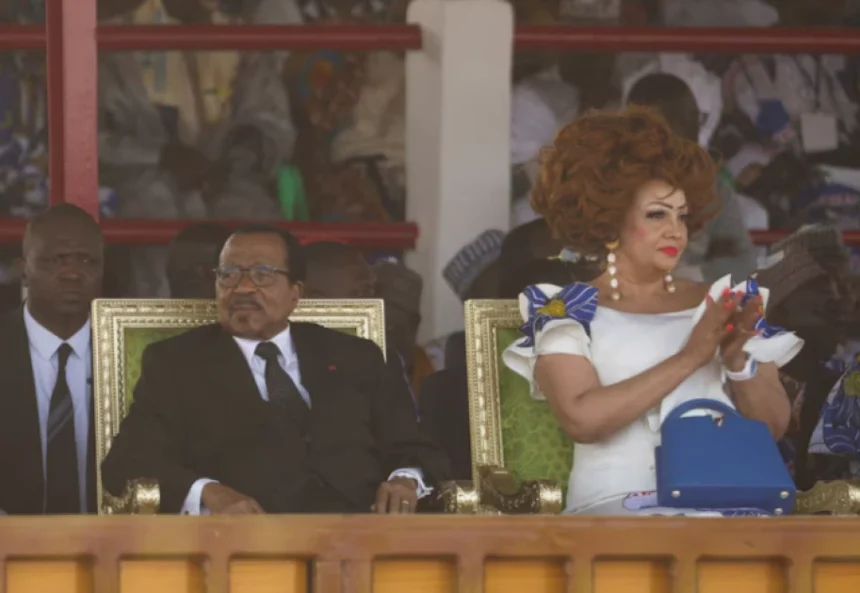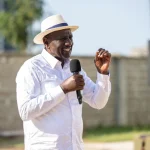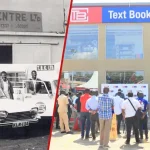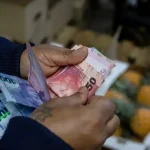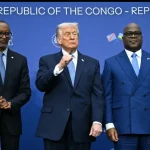Cameroon is at a critical turning point as citizens head to the polls in a high-stakes presidential election that could determine the nation’s political future.
President Paul Biya, who has ruled the country since 1982, is seeking yet another term — a move that could extend his iron grip on power into nearly five decades, making him one of the world’s longest-serving leaders.
The 91-year-old leader, often described as “the monarch of modern Cameroon”, faces a divided opposition, ongoing security threats, and deep public frustration over corruption and unemployment.
“We have seen the same face for more than 40 years,” said a voter in Douala. “We want change, but we fear the system will never allow it.”
A Nation Under Tight Control
Since assuming office following the resignation of Ahmadou Ahidjo, Biya has consolidated near-absolute power through a combination of constitutional amendments, patronage networks, and state control of key institutions.
The ruling Cameroon People’s Democratic Movement (CPDM) dominates the political scene, while opposition parties complain of restricted media access, arrests of activists, and manipulation of voter registers.
Prominent opposition leader Maurice Kamto of the Cameroon Renaissance Movement (CRM) has once again emerged as Biya’s main challenger, urging Cameroonians to remain resilient in their quest for democratic reform.
“This election is not just about power — it’s about the soul of Cameroon,” Kamto told supporters.
Security Concerns in a Divided Nation
The election unfolds amid widespread insecurity, particularly in the Anglophone regions of the country where separatist groups have waged an armed struggle for independence.
Many polling stations in these areas have reported low turnout due to fear of violence, while government forces remain on high alert.
Meanwhile, in the country’s far north, militant activity by Boko Haram has further strained national security resources.
Observers say Biya’s government has relied heavily on security narratives to justify its continued grip on power, often branding dissent as a threat to national unity.
Economic Challenges and Public Discontent
Cameroon’s economy, once considered one of Central Africa’s most promising, has stagnated under Biya’s leadership.
Despite investments in infrastructure, the country struggles with rising inflation, youth unemployment, and corruption, pushing many young Cameroonians to migrate in search of better opportunities.
Analysts warn that the combination of economic stagnation and political repression has fueled growing resentment, particularly among the country’s youth — most of whom have never known another president.
Biya’s Legacy and the Question of Succession
At 91, Biya’s health and succession plans remain closely guarded secrets. The president spends long periods outside the country, often in Switzerland, sparking criticism from citizens who feel abandoned.
His supporters, however, hail him as a symbol of stability in a volatile region. They argue that Biya has preserved peace and maintained Cameroon’s position as a key ally in regional counterterrorism efforts.
“President Biya has guided Cameroon through storms. His experience is unmatched,” said a senior CPDM official.
Conclusion
As the votes are cast, Cameroon faces a historic choice — whether to continue under Biya’s long-standing rule or embrace a new generation of leadership.
The election is not just a contest for power but a test of democracy, resilience, and hope for a nation yearning for renewal after more than four decades under one man’s rule.

